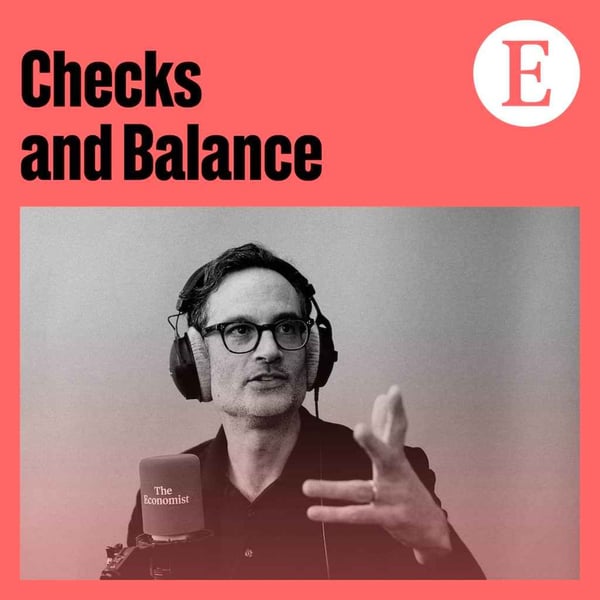Checks and Balance: French lessons
Checks and Balance from The Economist
The Economist
4.6 • 1.7K Ratings
🗓️ 15 April 2022
⏱️ 45 minutes
🧾️ Download transcript
Summary
A liberal and a nationalist are facing off for the presidency of France after a first round in which most voters opted for anti-establishment candidates. Both finalists have redrawn the country’s political map and the polls are tight. Emmanuel Macron’s struggles are a cautionary tale for political centrists everywhere. But could the foibles of the French system offer lessons for America’s partisan gridlock?
Our Paris bureau chief Sophie Pedder lays out how the result will reshape the relationship with America’s oldest ally. We find out how France ditched its electoral college. And we talk to Gérard Araud, French ambassador to the United States from 2014-19, about which political system would win in a fight.
John Prideaux hosts with Idrees Kahloon, our Washington DC bureau chief, and Charlotte Howard, New York bureau chief and US business editor.
To read, watch and listen to all our coverage of the French election go to www.economist.com/french-election-2022 and you can subscribe to The Economist at economist.com/uspod
Hosted on Acast. See acast.com/privacy for more information.
Transcript
Click on a timestamp to play from that location
| 0:00.0 | The map in the Library of Congress is yellowed and torn. |
| 0:06.9 | It's been folded, refolded, and exhaustively annotated. |
| 0:11.4 | But the neat grid of streets, cradled in a fork of the Potomac River, is instantly recognizable. |
| 0:17.5 | It's the original plan for the new federal city that would become Washington, DC, and |
| 0:22.2 | it was designed by a Frenchman. |
| 0:25.0 | To create a capital worthy of the new republic, Pierre-Charles Longfont wanted to combine |
| 0:29.8 | the scale and grandeur of Versailles with the egalitarian ideals of the revolution. |
| 0:35.5 | Classically inspired buildings would house the institutions of the new democracy. |
| 0:40.8 | Grand avenues would be accessible to all. |
| 0:44.0 | Longfont was one of thousands of French who joined the revolution. |
| 0:47.9 | Many then tried to take its ideals back to revolutionary France. |
| 0:51.8 | Of course, democracy is a process, not an event. |
| 0:55.2 | First French republic lasted only 12 years, and where America has had one constitution since |
| 1:00.9 | 1787, France has had 14. |
| 1:04.8 | But it's learned a thing or two along the way. |
| 1:07.2 | Today, the fifth French republic is wrestling to reconcile very different visions of its future, |
| 1:13.0 | as the people vote for a new president. |
| 1:16.2 | United America now look to France as a model instead. |
| 1:24.5 | I'm John Prado, and this is Chex and Balance from the Economist. |
| 1:30.4 | Each week we take one big theme shaping American politics and explore it in depth. |
| 1:35.5 | Today, it's the French presidential system better than the American one. |
| 1:40.8 | In the first round, most French voters opted for anti-establishment candidates. |
... |
Please login to see the full transcript.
Disclaimer: The podcast and artwork embedded on this page are from The Economist, and are the property of its owner and not affiliated with or endorsed by Tapesearch.
Generated transcripts are the property of The Economist and are distributed freely under the Fair Use doctrine. Transcripts generated by Tapesearch are not guaranteed to be accurate.
Copyright © Tapesearch 2025.

